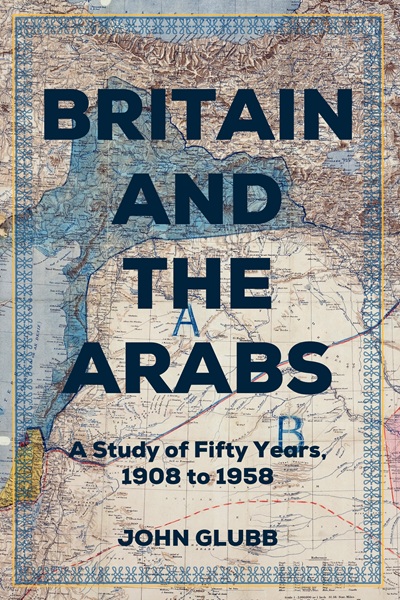In the fifty years from 1908, Britain became the dominant Western power active in the Middle East, primarily to secure trade routes to India. At the end of the Second World War, her armies were in peaceful occupation of the whole Arab world. By 1958, however, the troops had gone, and the country’s position and relationships were thoroughly undermined. The Arab nationalist movement — which had started in 1908 with the Turkish revolt and alliance with Germany — had begun a fierce battle for political freedom and independence.
In this book, John Bagot Glubb reflects on this turbulent period in international relations with humility and a deep regard for the Arab nations and the people with whom he lived and worked for thirty-six years. He draws on a range of original sources, enriched with his own personal perspective, to consider the mistakes made by politicians on all sides and how the rise of communism drastically influenced events. He also reflects on the lessons he believes may be learned to improve future political and social relations with the Arab nations.
This book is a must-read for anyone with an interest in the development and history of the Middle East, and is of particular relevance to current world affairs.



